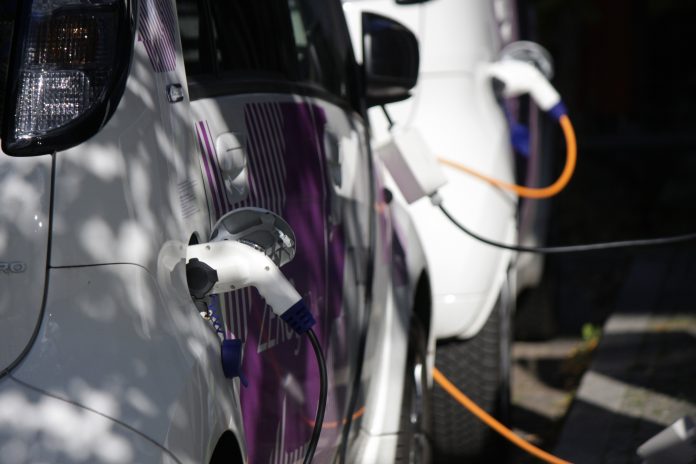Alison Bell, Marketing Director at Venson Automotive Solutions, discusses the government’s new company car benefit-in-kind tax rates scheme to ensure the UK hits its net-zero greenhouse gas emissions targets
Central to the Government achieving its target of net-zero by 2050, is ending the sale of new petrol and diesel cars, and vans and encouraging the use of electric vehicles.
The good news is that according to SMMT¹ figures, registrations of electric or hybrid vehicles have increased by 2.7%, compared to 2018, with just over half of that increase being for the fleet and business market.
In 2018, around 60,000 Electric Vehicles (EVs) and Plug-in Hybrid Electric Vehicles (PHEVs) were sold and when you have someone like James May, driving journalist and TV presenter, switching to electric vehicles², you know that this powertrain is only going to get more popular with drivers.
While many car drivers are drawn to the benefits of owning or using an electric vehicle, there are still a lot of preconceptions and misinformation that is causing concern and holding them back from making the change.
Overcoming range and vehicle choice concerns
Many drivers have expressed concern over the lack of charging points and limited battery range of electric vehicles. However, rapidly improving technology means some of the latest models can go over 200 miles on one charge and with a network of 24,000 public charging connections in nearly 9,000 locations this should help alleviate concerns.
In fact, over the summer, Secretary of State for Transport Grant Shapps announced that Government funding for on-street electric-car charging was to be doubled, giving an extra £2.5m for local authorities to install more than 1,000 additional charge points on residential roads.
Limited vehicle choice is also mentioned as a barrier to change. The perception is that EVs are only available at the high-end of the market, out of reach for many, or at the other end of the scale with less desirable options – drivers are looking for more mainstream choices.
However, almost every month at least one motor manufacturer announces the launch of a new plug-in model, so fleet operators and company car drivers should continually look at the ‘new model market’ to see what is available and what is scheduled for launch in 2020.
Whilst the purchase cost of an EV is often higher than that of a traditional model, for running costs however, it seems that EVs are in the lead. According to a new test³, electric cars travel up to three times the distance of their petrol or diesel counterparts for the same cost.
New Tax incentives
With the net-zero greenhouse gas emissions target in mind and a strong focus on electric vehicles, the Government recently announced changes to company car benefit-in-kind tax rate which have also added an extra incentive. Effective from 6 April 2020, it offers a clear benefit for fleets and company car drivers to ‘plug-in’.
Under the new changes, choosing a 100% electric car or plug-in hybrid petrol or diesel-electric car with carbon dioxide (CO2) emissions of 50g/km or below will have significant benefit-in-kind tax advantages for the next three years.
Currently, the BiK tax rate for a zero-emission electric car is 16% – £1,006 per year for a basic rate taxpayer but from 2020/21 tax year, a basic rate taxpayer will pay nothing, rising to £63 for 2021/22 and £126 for 2022/23.
When is the time right to purchase an EV?
For most businesses, car replacement cycles are typically three years, sometimes longer in times of economic uncertainty, however, many fleets and company car drivers have been delaying the replacement of their company cars until the tax announcement from the Government. While the rates for 2023/24 and beyond are not yet known, electric vehicles are here to stay and fleets need to embrace them, wherever and whenever feasible to limit employees’ tax burden as much as possible.
A note of warning though – while the BiK tax changes do offer generous tax incentives to help organisations adopt electric vehicles, it has also added an extra layer of complexity for fleet operators and company car drivers. T
o help understand what this means, Venson Automotive Solutions has published a downloadable Company Car Bik whitepaper designed to improve knowledge and help with defining a fleet policy over the next three years.
Sources
- The Society of Motor Manufacturers and Traders Ltd (SMMT): https://www.smmt.co.uk/vehicle-data/evs-and-afvs-registrations/
- “Inside James May’s electric garage: why I’ve switched my vehicles” article The Times 9 November 2019
- The Independent 11 October 2019 – new test from car reviews and advice website Parkers











